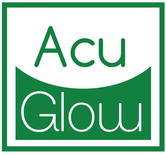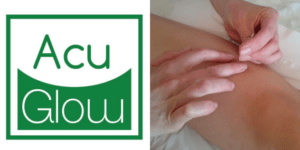PCOS(polycystic ovary syndrome) is a systemic, as opposed to purely gynecological, condition. Typically, there is hyperandrogenism, inappropriate pituitary gonadotropin secretion(which causes an elevated luteinising hormone(LH) to follicile stimulating hormone(FSH) ratio) and hyper-insulinism. Higher insulin levels block the liver from producing sex hormone-binding globulin which allows testosterone to circulate and affect cells. High insulin levels also cause overproduction of androgens. High concentrations of LH and the resulting imbalance in the LH/FSH ratio exacerbate the dysregulation of follicular growth, as well as causing the hypersecretion of androgens from thecal cells. (1)

The main signs and clinical presentation of PCOS are:
- Amenorrhoea(no menstruation) or oligomenorrhoea(infrequent menstruation, fewer than 9 periods in 12 months)
- Hirsutism
- Alopecia
- Being higher weight with extra weight around the waist
- Presence of many cysts on the ovaries
- Raised testosterone
- Raised ratio of LH:FSH
Blood tests and an ultrasound scan are necessary to diagnose PCOS.
There is a higher incidence of anxiety, depression, and eating disorders in people with PCOS. People with PCOS often report having insomnia and high stress levels also. Treatment plans for people with PCOS need to take these symptoms into account too; acupuncture, management of stress, enjoyable movement, good sleep hygiene, eating nourishing foods, and eating enough(restriction can lead to binge eating), and eating in ways that will keep blood sugar levels stable will all form part of a good plan for managing this condition and the symptoms that present.
Acupuncture has been demonstrated to improve menstrual frequency and to decrease circulating testosterone in those with PCOS. Other outcomes were changes in the secretion of sex steroids, anti Müllerian hormone, inhibin-B, and serum cortisol. (2)
Each person having acupuncture for PCOS will have a tailored treatment plan as PCOS can present differently from person to person.
- Pathophysiology of polycystic ovary syndrome revisited: Current understanding and perspectives regarding future research: https://www.ncbi.nlm.nih.gov/pmc/articles/PMC9601867/
- Polycystic Ovary Syndrome: Effect and Mechanisms of Acupuncture for Ovulation Induction. https://www.hindawi.com/journals/ecam/2013/762615/

